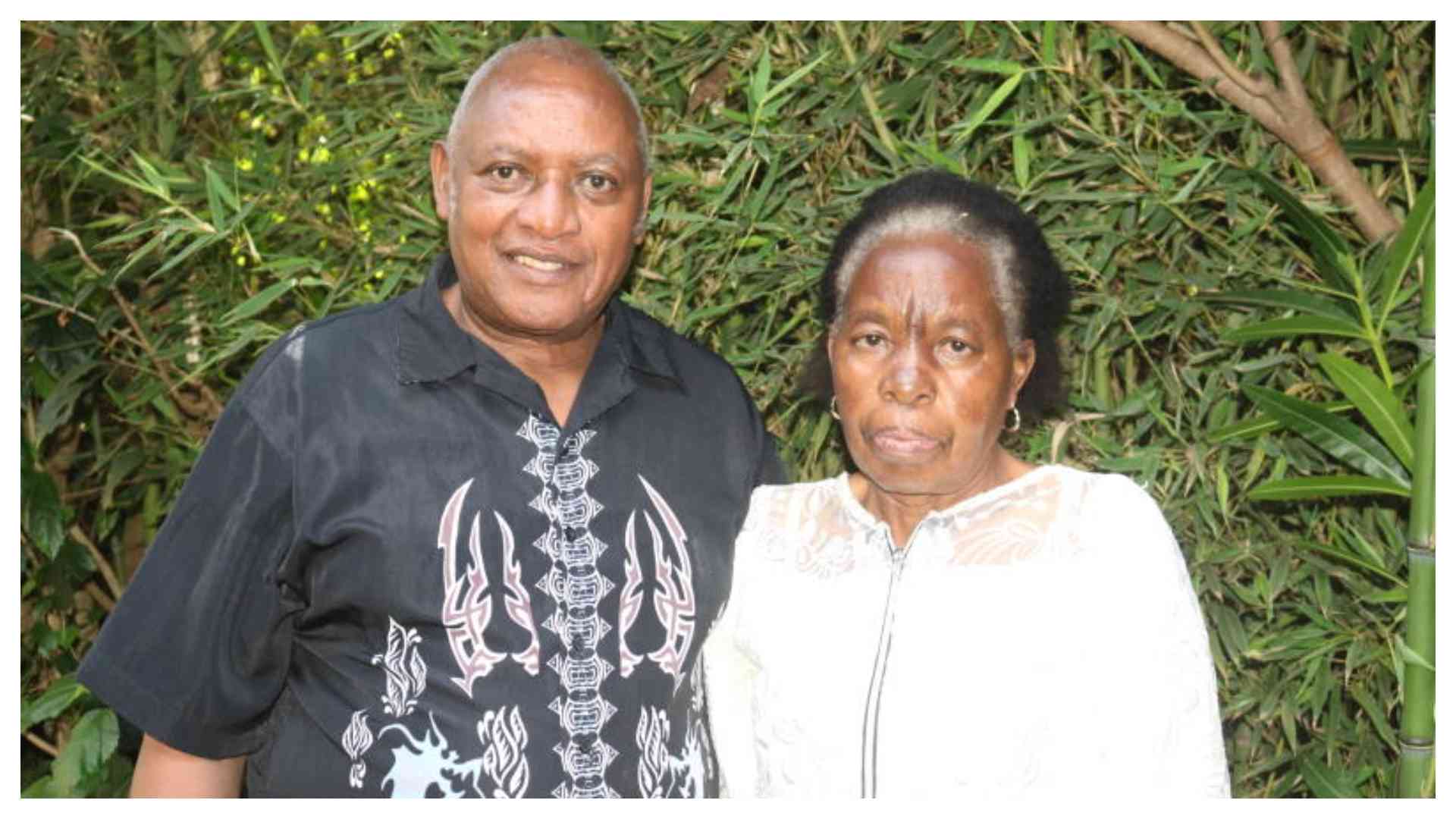
Dr Collins Matemba, a psychologist at Masinde Muliro University of Science and Technology (MMUST), links the recent spate of deaths in the region to the concept of jinxes.
A jinx is a superstition or belief that certain objects, people, or situations bring bad luck or cause a series of unfortunate events.
According to Matemba, many people dismiss these occurrences as normal or insignificant, which is often not the case.
Matemba explains that many deaths are not simply random but may be connected through a lineage or chain that is perceived as a curse or negative energy.
Consequently, a jinx is thought to have the power to trigger or attract misfortune, such as accidents, illness, financial loss, or even death.
He notes that the concept of a jinx is rooted in various cultures and traditions, where it is commonly believed that certain actions or words can inadvertently bring about bad outcomes.
“We observe unusual events like suicides, accidental deaths, or homicides that are sometimes attributed to a jinx when no logical or visible explanation for the misfortune exists. In such cases, people might believe that a person, place, or object has been cursed or jinxed, leading to a series of tragic events,” Dr Matemba says.
“This belief is often reinforced by patterns of misfortune, where a series of negative incidents occur in succession, which supports the idea that something is ‘jinxed.’
This is why we sometimes see deaths that seem to result from minor or implausible reasons,” he adds. Matemba explains that belief in jinxes can lead individuals to take measures to “undo” or reverse the perceived curse.
“These measures vary depending on cultural and religious practices. Common methods include rituals, prayers, or the use of protective talismans to ward off negative energy.
Some traditions involve cleansing with water, burning incense, or performing spiritual ceremonies to break the jinx. In other cases, people might consult a spiritual healer, shaman, or religious figure to remove the jinx and restore harmony,” he says.
Cognitive biases
Despite its prevalence in folklore and superstition, Matemba notes that the idea of a jinx lacks scientific support.
However, the psychological impact of believing in a jinx can be significant, affecting an individual’s perception of events and leading to a self-fulfilling prophecy, where the expectation of bad luck contributes to its occurrence.
Matemba also points out that the concept of a jinx is often examined in psychology through the lens of cognitive biases, superstition, and the human tendency to find patterns in random events.
While jinxes are not grounded in scientific evidence, they represent a common psychological phenomenon influenced by various cognitive processes, including cognitive biases, superstition, and the self-fulfilling prophecy.
 The Standard Group Plc is a multi-media organization with investments in media platforms spanning newspaper print
operations, television, radio broadcasting, digital and online services. The Standard Group is recognized as a
leading multi-media house in Kenya with a key influence in matters of national and international interest.
The Standard Group Plc is a multi-media organization with investments in media platforms spanning newspaper print
operations, television, radio broadcasting, digital and online services. The Standard Group is recognized as a
leading multi-media house in Kenya with a key influence in matters of national and international interest.











